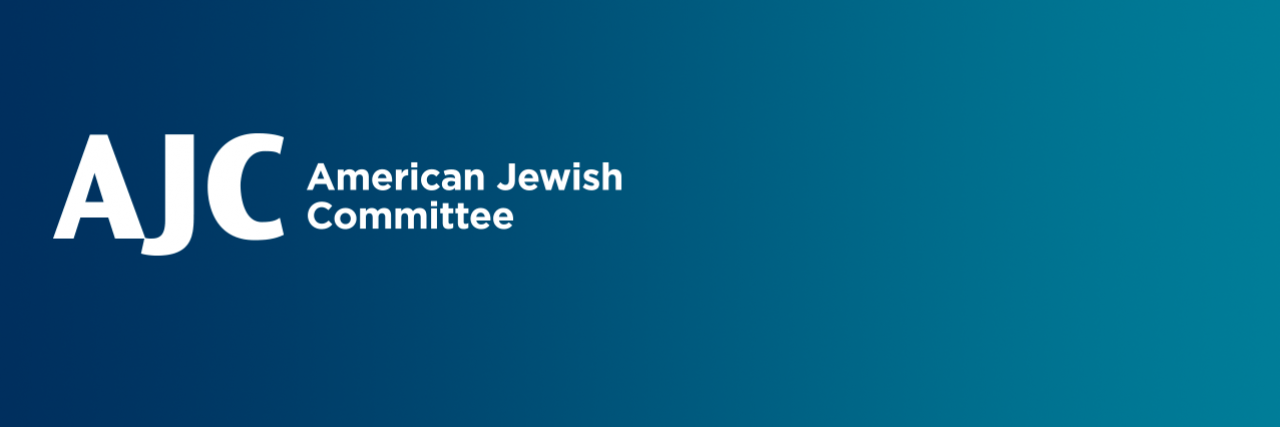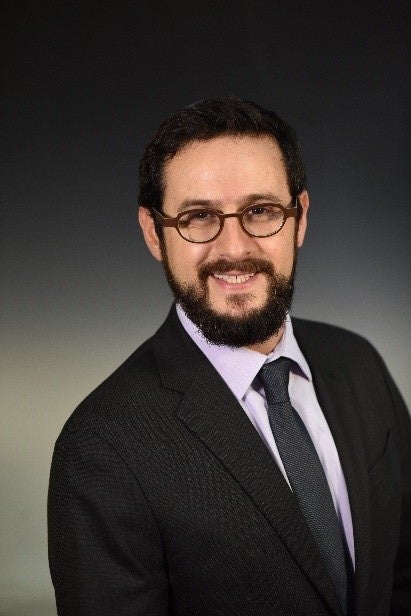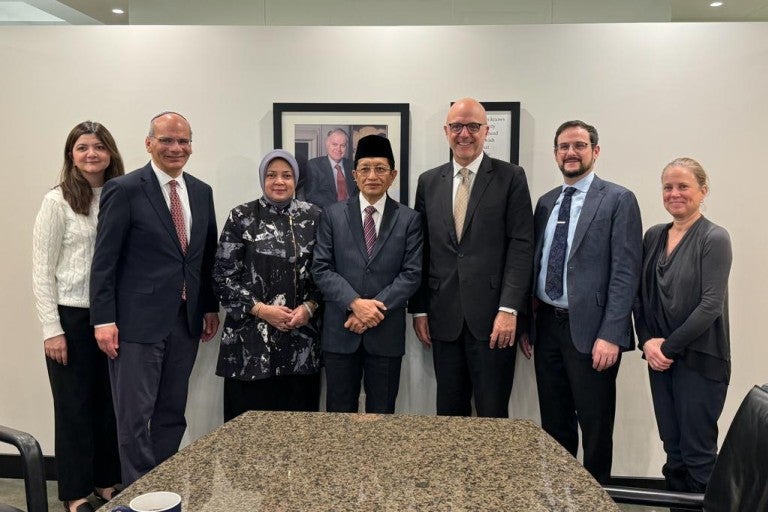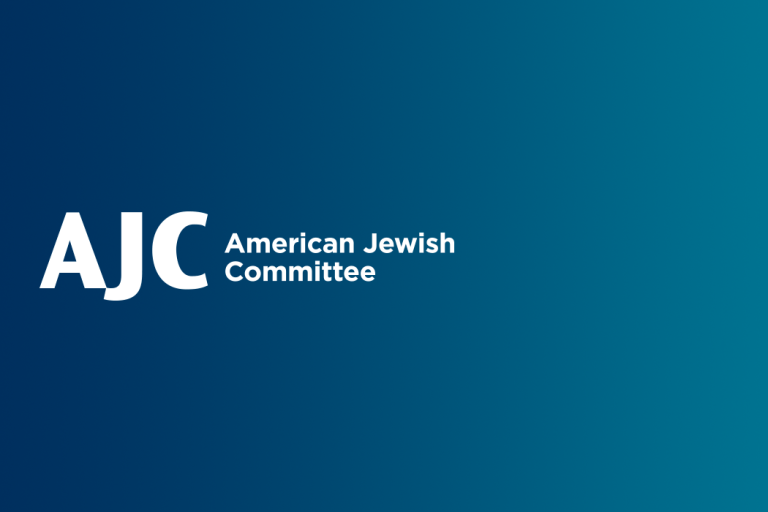October 13, 2020 — New York
This piece originally appeared in Roya News.
Why do I work to advance Muslim-Jewish relations? I am an American Orthodox Jew. I grew up going to Jewish schools, summer camps, and even attended a Jewish college in New York, Yeshiva University. I didn’t know any Muslims personally, and what I knew of Islam was often negative. I learned about periods in history where Jews were mistreated in Muslim lands and about interpretations of Islamic texts painting a very negative image of Jews. We knew the darker parts of Christian-Jewish history, too. But the Israeli-Palestinian conflict and contemporary antisemitism coming from some Muslim Arab leaders made Muslim-Jewish relations uniquely pressing.
At the same time, my parents taught me that Jewish tradition attributes infinite value to all people. The Talmud (Mishnah Sanhedrin 4:5) states that God created all humanity from a single person, Adam, to affirm God’s oneness as a creator, to emphasize the equality of all people, and so that we might marvel in the sacred splendor of human diversity. I, like so many Jews, learned that to honor human difference was to honor God. These experiences teaching led me to doctoral study of Arabic and Islam and to dedicate my life to improving Muslim-Jewish relations.
In graduate school, I learned the beautiful verse of the Qur’an with a similar embrace of diversity: God created human difference—male and female, nations and tribes—so that we would know one another. (Hujurat 49:13). I recall studying Ibn Hanbal’s narration of the Prophet’s farewell sermon (khutbat ul-wada’), in which Muhammad says, “All mankind is from Adam and Eve, an Arab has no superiority over a non-Arab nor a non-Arab has any superiority over an Arab; also a white has no superiority over a black, nor a black has any superiority over a white- it is only by piety and good action (by which we are measured).” As Muslims and as Jews we share the concept of one God, and we know that we are all God’s children, regardless of how we look or how we pray.
In my study of Islam, I would also come to learn about our connections, not in the universal, but in the particular. We have particular foods we can and cannot eat; days we fast and days that we feast; we mark the life-cycle events—birth, death, marriage, etc.—with similar rituals, but each community with its own set of laws. Jews call the body of law “halakha” in Hebrew and Muslims use the term “shari’a” in Arabic, but both words mean “a path that one walks.” We may face different qiblas, but we pray to the same God. The Qur’an teaches a magnificent lesson of pluralism when it says, “Each one has a direction to which God turns him, so race together towards good works; for wherever you are God will bring you together.” (Baqara 2:148) Our religious paths may diverge, but our differences should inspire us to become more righteous. God can bridge the gaps, “for God is capable of all things.” (Baqara 2:148)
Today I direct the program in Muslim-Jewish relations for American Jewish Committee (AJC), a global Jewish advocacy group with 22 offices in America, 12 international posts and 37 formal partnerships with Jewish communities around the world. I have witnessed both communities benefit from working together. In the United States our hate crimes laws are stronger because of the joint advocacy of the Muslim-Jewish Advisory Council—a partnership between AJC and Islamic Society of North America. We bring Jews and Muslims together to better understand antisemitism and Islamophobia, because we know that change can only come when we know what hurts the other. My organization, AJC, has also launched an Arabic-language social media video series called ‘’An al-Yahud,” sharing Jewish perspectives on important contemporary issues. Muslim-Jewish bridge-building can show that religion can be part of the solution to pressing global challenges and regional conflicts.
Since my relatively sheltered youth I have formed many friendships with Muslim men and women, and I have seen the beautiful role that Islam plays in their lives. I have learned that Jews and Muslims share a commitment to the welfare of our own peoples—”‘Am” in Hebrew and “Umma” in Arabic. As Jews and as Muslims, God calls us to care for our own religious “families” and tread their unique paths. However, when we encounter one another with openness, we demonstrate that we are children of the same God, part of the greater human family.
Dr. Ari Gordon is Director of Muslim-Jewish Relations at American Jewish Committee.



